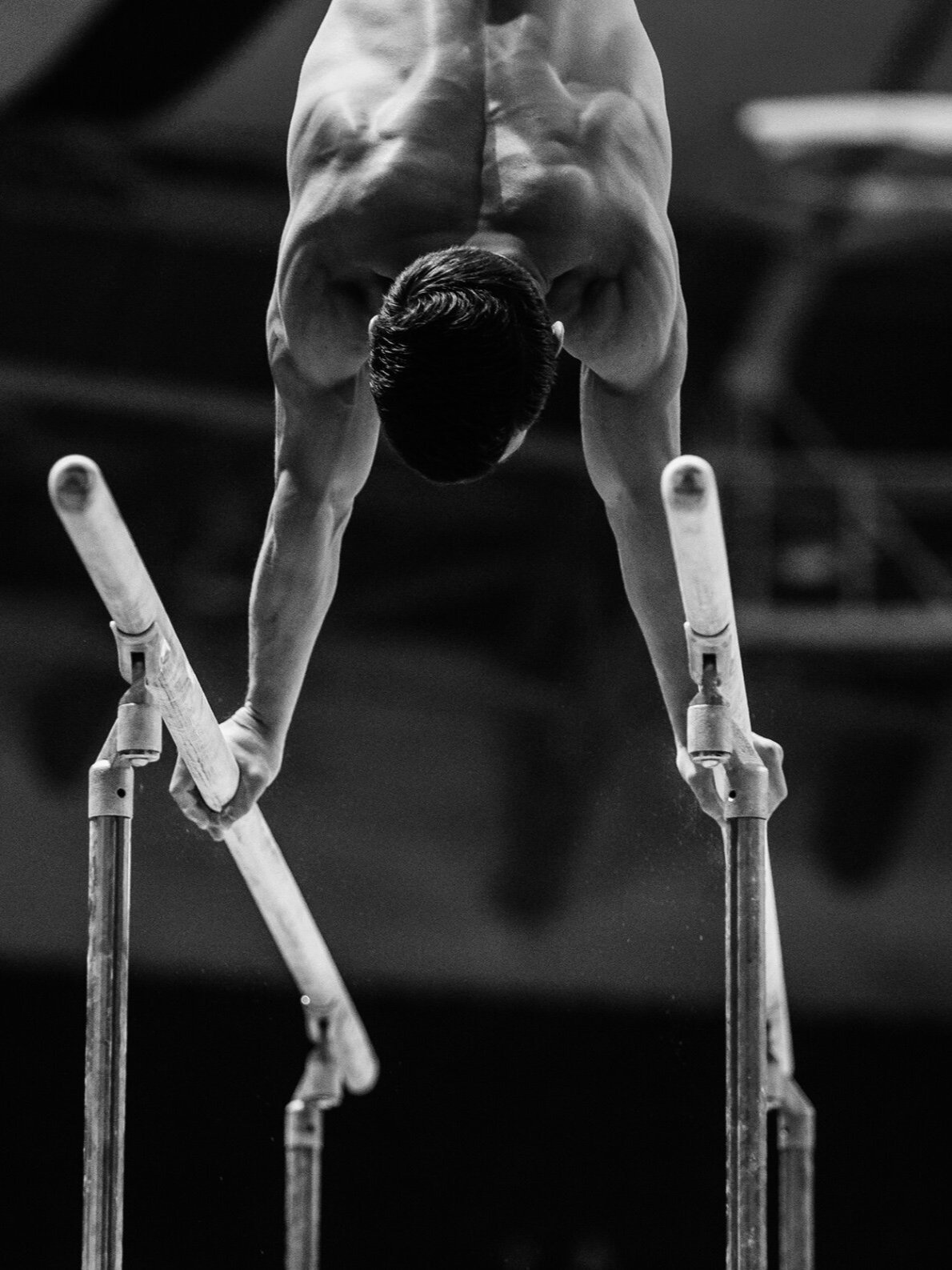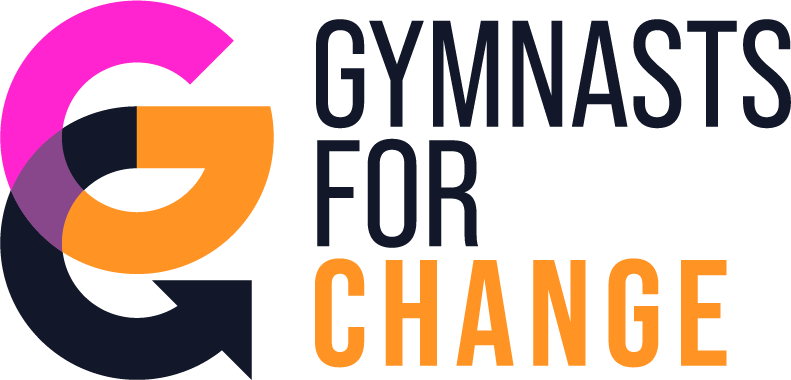Thinking about reporting abuse in gymnastics?
The resources on this page have been co-authored by athletes with lived experience of reporting abuse in gymnastics. Explore our information packs to decide if reporting abuse is right for you at this time.
SHOULD I REPORT?
Safeguarding is everyone’s responsibility. Anyone can report whether you are an athlete, coach, support staff, parent or witness. It is never too late to raise the alarm, however the process of reporting can be daunting and stressful, so it’s important to understand when the right time to report might be, and to take care of yourself along the way.
The following resources will help you to:
Recognise the signs of abuse in coach athlete relationships
Understand what happens if you decide to report
Sign post you to other organisations where you can get help
A coach or sports staff member might display some of the following behaviours if there is abuse occurring: Signs of abuse are not always obvious, and one of these behaviours on its own does not necessarily mean that abuse is happening. Every warning sign and every concern should be taken seriously and can be reported to your nearest welfare officer
knowing the signs of abuse
-
-
It all begins with an idea. Maybe you want to launch a business. Maybe you want to turn a hobby into something more. Or maybe you have a creative project to share with the world. Whatever it is, the way you tell your story online can make all the difference.
-
-
-
-
-
-
You may also have noticed some of the following changes in an athlete’s behaviour: This is again not an exhaustive list but are some key behaviours to be aware of. There are many reasons why an athlete's behaviour may change, but it is best practice to check for these signs. If you notice a combination of these warning signs, it is time to seek help and advice. You do not need to wait for 'proof' to report a concern - you should talk to a designated welfare officer as soon as possible.
-
Description text goes her
-
-
-
-
-
-
-
-
What to expect when you report
-

1. FIRST CONTACT
Once you have alerted a welfare officer or a member of staff, you can expect a safeguarding, welfare, or case management officer to get in touch with you. This individual should be fully trained in the safeguarding procedures. Make sure you establish ground rules with the officer on how & when they can contact you and a timeline of next steps.
-

2. GATHERING INFORMAION
You will mostly likely be asked to briefly explain why you are reporting an individual in your initial contact, but you should not be asked to complete a written 'witness' statement at any time, especially unsupported. If you are asked to write a statement, please be aware it is your right to ask if there is another way you could communicate your experience, particularly if it feels too daunting or triggering to complete the task alone.
-

3. INTERVIEW
If the officer needs more information from you, you will likely be invited to an interview where you will be asked some questions about your experience. If at any time you feel uncomfortable, you can ask for emotional support via your national governing body.
-

4. Investigation
At this point, the officer will decide whether or not to conduct a full investigation which sometimes mean the accused is temporarily suspended while the investigation is underway. At the end of the investigation period, the case management officer will collate the information and present the findings to an independent case management committee.
-

5. OUTCOME TIMELINE
During the investigation you will have the opportunity to reach out for additional support from the list of organisations below. Typically this process can take from 6 to 24 months while the investigator conducts interviews. However G4C is aware of many complaints where it has taken between 3-10 years to obtain a sanction, outcome or resolution. It’s important to have realistic expectations of how long the investigation and outcome will take, so you can prepare yourself for what is to come.
-

HOW TO RECOGNISE & REPORT ABUSE
In the interest of safeguarding all participants in the sport of gymnastics, Gymnasts for Change has created this basic guide to help determine if disclosing or reporting abuse is right for you at this time.
-

HOW TO REPORT SEXUAL ABUSE
This pack has been designed to help you recognise what consititutes sexual abuse & sexual assault. It also explains what to do if you have been sexually assaulted and why it is important to report directly to the police.
-

how to report emotional & physical abuse
This pack has been designed to help you recognise what consititutes emotional & physical abuse. It also explains how to report to the statutory authorities & national governing body.
Who can I talk to and where to get help?
-

British Elite Athlete
-

NSPCC CHILD PROTECTION IN SPORT
-

THINK YOU KNOW
-

ANN CRAFT TRUST
-

DOMESTIC ABUSE: HOW TO GET HELP
-

New List Item

